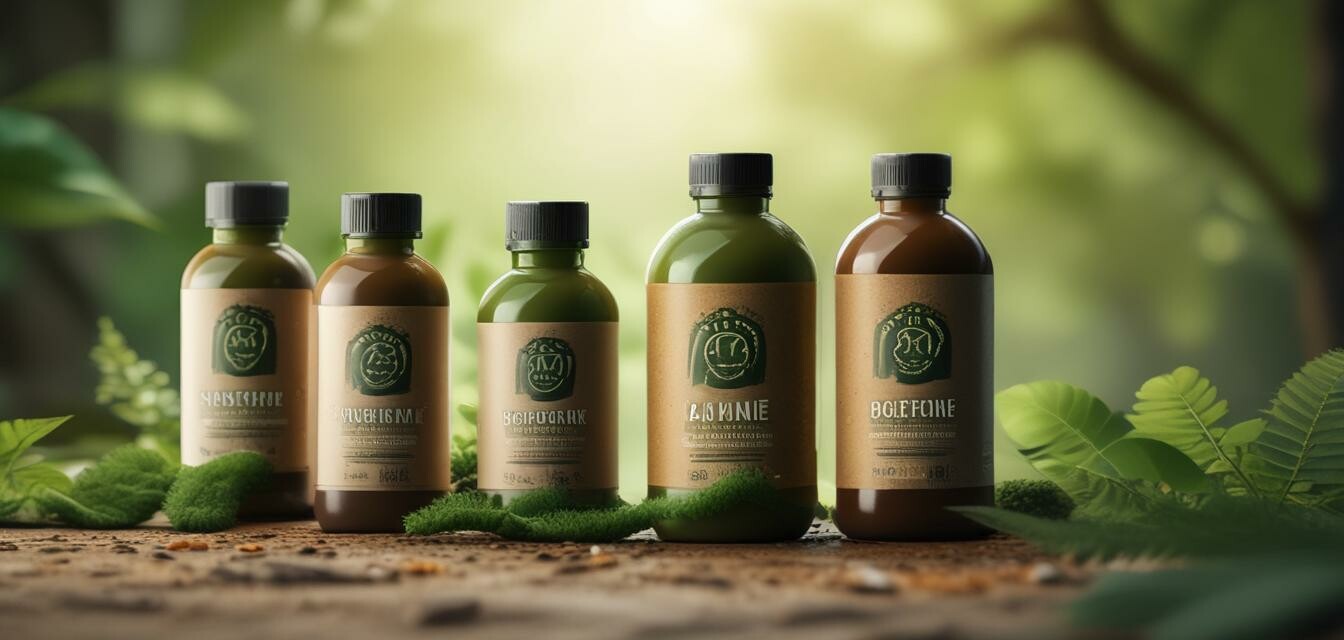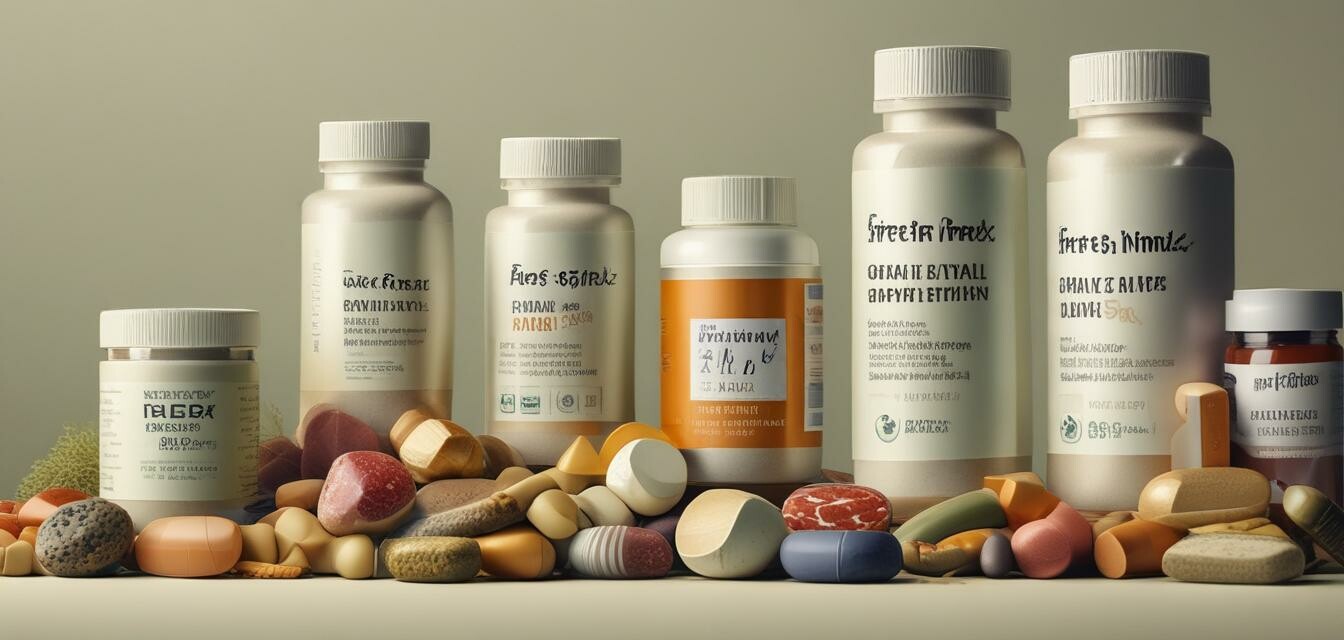
Certifications and Standards
Key Takeaways
- Understanding certifications and standards is crucial for making informed choices in sustainable supplements.
- Look for reputable organizations that provide certifications to ensure ethical sourcing and production.
- Common standards include USDA Organic, Non-GMO Project Verified, and Fair Trade certifications.
- Reading labels and knowing what to look for can enhance your health and well-being sustainably.
Choosing the right dietary supplements can be daunting, especially with the myriad of options available on the market today. This guide is designed to help you navigate certifications and standards in sustainable supplements. It’s essential to understand these labels as they ensure that the products you consume are ethically sourced and produced sustainably.
Why Certifications Matter
Certifications serve as a reliable assurance that the supplements meet specific standards. They indicate that the product has been evaluated by an independent organization. Here’s why certifications are important:
- They build trust between consumers and brands.
- They help consumers identify high-quality, sustainable options.
- They promote ethical business practices.
Common Certifications for Sustainable Supplements
Here are various certifications you might encounter while shopping for sustainable supplements:
| Certification | Description | Focus Area |
|---|---|---|
| USDA Organic | Indicates that the product is made from ingredients grown without synthetic fertilizers or pesticides. | Organic farming practices |
| Non-GMO Project Verified | Assures consumers the product contains no genetically modified organisms. | Genetically modified ingredients |
| Fair Trade Certified | Ensures fair wages and safe conditions for producers in developing countries. | Social ethics |
| Vegan Certified | Confirms that the product contains no animal-derived ingredients and is not tested on animals. | Animal welfare |
| Gluten-Free Certified | Indicates that the product meets strict gluten-free standards to ensure safety for those with gluten intolerance. | Food safety |

How to Identify Genuine Certifications
With many products boasting claims that can be misleading, here's how you can identify credible certifications:
- Check for the certifying organization’s logo on the product label.
- Research the organization to verify its credibility and standards.
- Look for reviews or testimonials about the product from other consumers.
- Prefer products with multiple certifications for added assurance.
Regulatory Bodies for Supplement Certifications
Various organizations are responsible for the certifications you see on supplements. Here’s a brief overview:
| Organization | Certification | Focus |
|---|---|---|
| U.S. Department of Agriculture (USDA) | USDA Organic | Organic farming and processing |
| Non-GMO Project | Non-GMO Project Verified | Non-genetically modified products |
| Fair Trade USA | Fair Trade Certified | Ethical trade practices |
| The Vegan Society | Vegan Certified | Animal welfare |
| Gluten-Free Certification Organization (GFCO) | Gluten-Free Certified | Gluten safety |
Key Differences Between Certifications
While many certifications exist, they often focus on different aspects of sustainability. Here’s a comparison of how they differ:
- USDA Organic: Primarily focuses on agricultural practices.
- Non-GMO: Centers on the genetic engineering aspect of crops.
- Fair Trade: Aims to improve living conditions for farmers and workers.
- Vegan: Targets ethical treatment of animals and absence of animal products.
- Gluten-Free: Ensures safety for individuals with gluten sensitivities.

Understanding Labels
Reading product labels is crucial. Here’s what to look for:
Tips for Beginners
- Familiarize yourself with popular certifications.
- Don’t hesitate to contact manufacturers for more information.
- Start with products that have one or two well-known certifications.
- Read reviews and check for any reports on the company’s practices.
- Visit reputable sources that discuss supplement safety and sustainability.
The Future of Sustainable Supplements
As consumers become more aware and concerned about sustainability, certifications are likely to evolve. It's essential to keep an eye on trends and new certifications as the industry grows. More brands are focusing on transparency, and new certifications that reflect innovative practices are emerging.
Pros
- Informed consumers can make better health decisions.
- Supports ethical and sustainable practices in the industry.
- Encourages accountability among manufacturers.
Cons
- Some certifications may have less stringent standards.
- Misleading labeling can still occur despite certifications.
- Limited knowledge can result in consumer confusion.
Conclusion
Understanding certifications and standards is vital for making informed choices in the health supplement market. Always look for genuine certifications when selecting products, and stay informed about the ethical and sustainable practices that these labels represent. Through diligent research and by opting for certified products, you not only boost your health but also support an industry that values sustainability.
For more information on specific types of supplements, check out our other pages on herbal supplements, multivitamins, and omega-3 supplements. Expand your knowledge on the many facets of ethical dietary choices!








